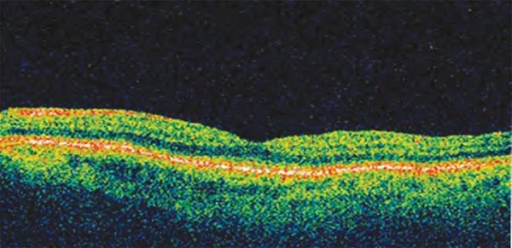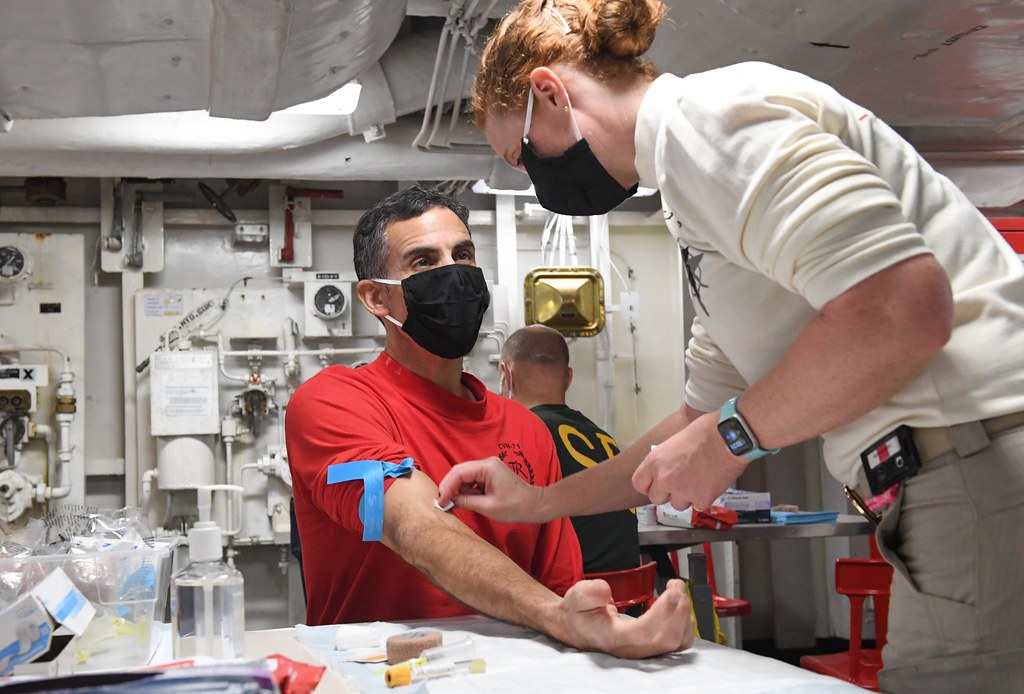- Agriculture
- Antibiotic/anti-viral
- Biologics
- Biomarkers
-
By Clinical Application
- Anesthesiology
- Blood & Lymphatic Disease
- CNS & Neurosciences
- Dermatology
- Diabetes, Metabolism, Endocrinology & Obesity
- Ear, Nose, & Throat
- Emergency Services
- Gastroenterology & Digestive Disease
- General & Plastic Surgery
- Health Education, Medical Training and Operations
- Heart and Vascular
- Immunology, Autoimmune & Inflammation
- Infectious Diseases
- Mental Health
- Multiple clinical applications
- Musculoskeletal Disorders, Orthopedics/Bone
- Nephrology/Renal
- Oncology
- Ophthalmology
- Orphan Diseases
- Pediatrics
- Physical Medicine & Rehabilitation
- Radiology
- Regenerative Medicine / Tissue Engineering
- Reproductive Health: Obstetrics & Gynecology
- Respiratory & Pulmonary
- Surgery
- Transplantation
- Urology
- Wound Healing
- COVID-19
- Creative Works
- Diagnostics ×
- Drug Delivery
- Drug screening and discovery
- Energy, Cleantech & Environmental
- Engineering & Physical Sciences
- Gene therapy
- Imaging
- Materials
- Medical Devices
- Nutraceuticals
- Other
- Research & Design Tools
- RNAi/siRNA
- Sensors & Controls
- Small molecules
- Software & Information Technology
- Stem Cells
- Vaccines
- Veterinary Medicine
New small molecules targeting castration-resistant prostate cancer
Unmet Need Prostate cancer (PC) is the second most common male cancer globally and represents 15% of all cancers diagnosed in males. An estimated 34,700 deaths were predicted to occur from PC in the U.S.…
Gene expression assay to determine radiation exposure
Unmet Need Ionizing radiation poses a significant risk as an environmental hazard and is linked to the development of multiple cancers in adults and children. Healthcare professionals, nuclear power plant employees, and research scientists are…
Methods and compositions to sense m6A RNA modifications using a genetically encoded sensor
Unmet Need Gene expression is highly regulated through the addition of chemical modifications to RNA molecules. One such modification is methylation of adenosine residues to form m6A, a modified nucleotide which is found in thousands…
EEG-based monitoring of brain recovery following stroke
Unmet Need Stroke is the third leading cause of disability in the US, affecting 800,000 annually. Stroke occurs when blood supply to the brain is impeded, leading to brain damage. Currently, recovery from stroke is…
Multiscale coherence imaging for assessing epithelial tissue health in precancerous detection
Unmet Need Epithelial cells act as the body’s first line of defense against foreign elements and are constantly being replaced by newly grown cells. Due in part to these factors, 90% of all cancers originate…
Leukocyte phenotyping methods to provide prognostic information and risk/resilience stratification for surgical procedures and critical illness
Unmet Need It is estimated that surgical complications arise in 16.4%, or almost 1 in 6 surgical procedures in the United States. Most complications have an immunological basis related to infection or aberrant adaptation to…
Connecting cardiac and respiratory 3DCT imaging for 5DCT heart motion management
Unmet Need Ventricular tachycardia (VT) is a primary condition of heart disease noted as an irregularity of heart rhythm due to improper electrical signaling in the ventricles that causes an abnormally high heart rate. VT…
Structural variants of TERT in brain tumors
Unmet Need Glioblastoma is the most common type of malignant brain tumor, and accounts for 47.7% of all brain cancer cases. Despite aggressive treatment, the median overall survival for glioblastoma is 15 to 18 months.…
Reagentless biosensors to detect multiple analytes
Unmet Need Although biosensors are in widespread use to detect and report analytes, such as the level of nutrients in food and beverage samples, blood glucose in patients, and contamination in water samples, many suffer…
A simple blood test that can predict heart failure earlier than current methods
Unmet Need Heart failure is the leading cause of morbidity and mortality in the developed world. Approximately 50% of the US population over the age of 45 is expected to have preclinical heart failure, and…
A humanized pro-N-cadherin antibody that can be used for treating and predicting heart failure
Unmet Need Heart failure is the leading cause of morbidity and mortality in the developed world. Approximately 50% of the US population over the age of 45 is expected to have preclinical heart failure, and…
A novel immune competence blood test to predict responsiveness of tumors to cancer immunotherapy
Unmet Need Cancer immunotherapy provides great advantages over traditional cytotoxic chemotherapy and radiation with more durable clinical outcomes and an improved quality of life. The number of US patients eligible for immunotherapy was estimated to…











